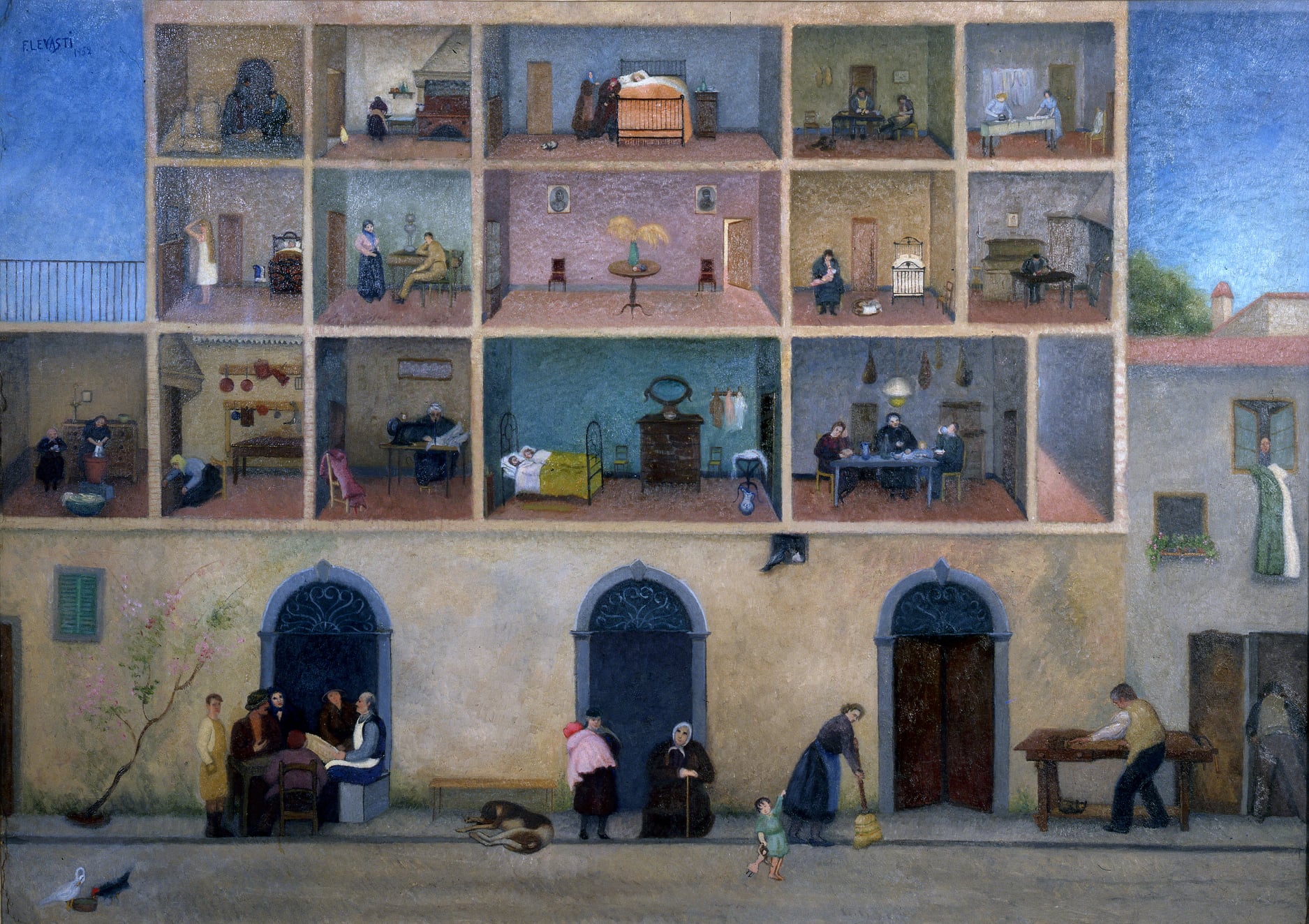Fillide Giorgi Levasti (Florence, 1883-1966) was, undoubtedly, one of the most important women painting in Italy in the 1900s.
Deeply influenced by the Macchiaioli movement, Giorgi Levasti (1883-1966) became a student of Giovanni Fattori, attending the Scuola Libera del Nudo at Florence’s Academy, where she made anatomical drawings from live models.










